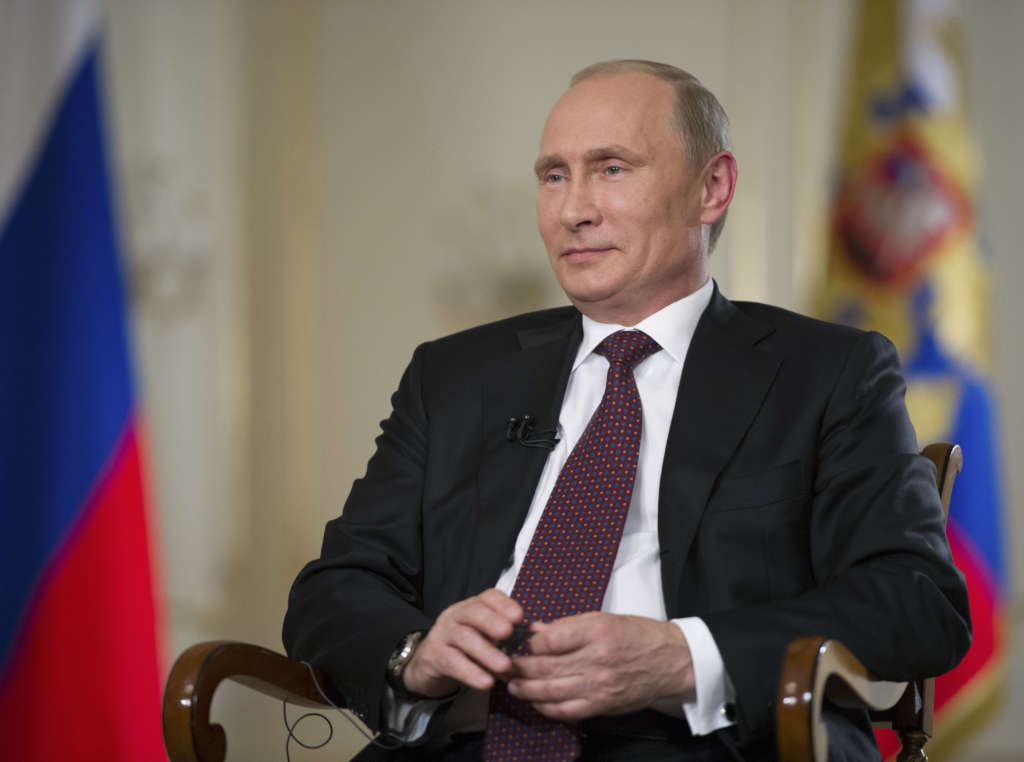London- Russia’s gross domestic product (GDP) fell by 0.2% in 2016, the country’s Federal State Statistics Service, also known as Rosstat, said in a report on Wednesday.
This preliminary estimate is more optimistic than that of the economy ministry which estimated that 2016 GDP fell 0.6%.
Rosstat has also revised its estimate for 2015 GDP, which according to the latest data dropped by 2.8%, and not 3% as previously calculated.
Economists said the Russian economy was entering 2017 with strong momentum and predicted GDP could rise by 2% this year, versus the government’s official forecast for growth of 0.6%.
According to forecasts by the World Bank, International Monetary Fund and the U.N., Russia’s economy has beaten the effects of U.S. and European Union sanctions over the Ukraine crisis.
In the face of sanctions, Russia has moved to diversify its economy, pursuing investments in different sectors and with different European, Chinese and Japanese firms.
The near-stabilization of oil prices above the $50 mark has also helped boost revenues as most economic policy was designed with oil prices at $40.
Given the instability and uncertainty of Russia’s economy in 2015, the ruble has made a remarkable comeback, posting a 20 percent gain year-on-year.
Russia’s stock market, once a manifestation of corruption and ineptitude, has been professionalized and is recognized as one of the most efficient and transparent amongst emerging markets.
Recent demographic studies highlight critical benchmarks used to determine the future long-term growth of a country’s economy.
For Russia, its labor market as a segment of its population is tenuous.
Male life expectancy, currently hovering around 64 years of age, is almost 15 years younger than leading European countries.
Demographic changes, although often cited in Russia-focused studies, are catalyzing a situation perilous to long-term growth.
